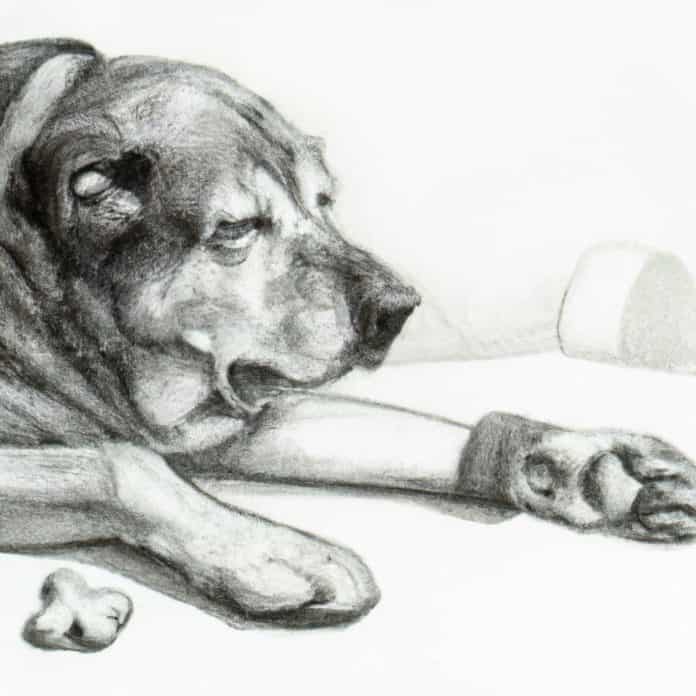Dear VetBabble,
I have an 11-year-old dog who recently started limping. I checked her paws and didn’t find anything stuck. At first, I thought it might be arthritis, but I noticed one of her paws is swollen. Can you provide any guidance to address this issue and help my dog feel better?
Understanding the Causes of Limping in Dogs
Firstly, it’s essential to recognize that limping in dogs can be caused by a variety of factors. Some possible causes include an injury, foreign objects in the paw, joint problems such as arthritis in dogs, or even infections. Visit this article on Why Is My Dog Limping? When to Worry and What to Do for more information about identifying potential causes of limping.
To better understand your dog’s condition and provide the most accurate advice, we need more information about the severity of the swelling and lameness. Also, consider if your dog’s general health is affected or if they are on any medications. In any case, a veterinarian check-up is necessary for a proper diagnosis and treatment plan.
Managing Swelling and Pain While Waiting for the Vet
If the swelling and lameness have just started and you need to wait a few hours before seeing the veterinarian, here are some tips to help your dog feel more comfortable. First and foremost, make sure to keep your dog strictly rested. Avoid any exercise or intense movement as it can exacerbate the situation. Also, resist the urge to apply human medications to your dog, as they can potentially cause life-threatening side effects.
While you’re waiting for the vet appointment, try to keep an eye on the swollen paw. Look for any changes in color or size, or if the swelling spreads to other areas. Keep track of these observations and share them with your vet to help them better understand the problem.
Preventing Future Injuries and Providing Long-Term Care
Once your vet identifies the cause of the lameness, they’ll recommend specific treatments and care to address the problem. Depending on the diagnosis, treatment may include medications, surgery, or therapy. It’s crucial to follow the vet’s recommendations closely to ensure your dog recovers as quickly and comfortably as possible.
For older dogs that are prone to arthritis, consider reading Arthritis in Cats to learn about preventive measures that can be taken to maintain joint health. Regular gentle exercises, weight control, and the use of joint supplements can help maintain proper joint function and provide long-term relief from arthritis symptoms.
Lastly, it’s always a good idea to monitor your dog for any changes in behavior or new health issues. For example, if you notice your dog licking their paws excessively, it’s essential to address the underlying cause, which could range from allergies to anxiety. Consult this helpful article on Why Does My Dog Lick His Paws? for more insights.
We sincerely hope your dog gets better soon, and remember to keep a close eye on their health and seek help from a veterinarian when needed. A preventive approach and timely interventions can significantly improve your dog’s quality of life.









